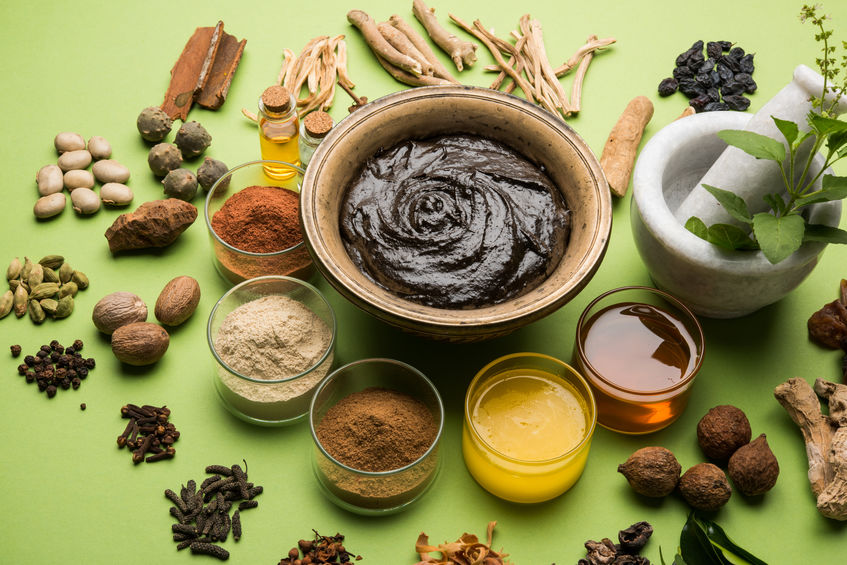
Introduction to Ayurvedic Stress Relief
Ayurveda, the ancient holistic healing system originating from India, offers a treasure trove of wisdom when it comes to managing stress. In today's fast-paced American society, stress has become almost ubiquitous, affecting millions and taking a toll on physical and mental well-being. However, amidst the chaos, Ayurveda provides a beacon of hope with its time-tested stress relief techniques.
Understanding Stress in American Society
Stress has become a defining feature of American life. From the pressures of work and finances to the demands of personal relationships, Americans face a myriad of stressors on a daily basis. The impact of this chronic stress extends far beyond mere discomfort; it wreaks havoc on our bodies and minds, contributing to a host of health problems including hypertension, insomnia, anxiety, and depression.
Ayurvedic Approach to Stress Relief
Ayurvedic Principles
At the core of Ayurvedic philosophy lies the concept of doshas—Vata, Pitta, and Kapha—which represent the fundamental energies that govern our bodies and minds. According to Ayurveda, imbalances in these doshas are the root cause of disease, including stress. Therefore, achieving and maintaining balance is paramount in Ayurvedic stress relief.
Herbs for Stress Relief
Ayurveda boasts an impressive array of herbs renowned for their stress-relieving properties. Among these, Ashwagandha, Brahmi, and Tulsi stand out as powerful allies in the battle against stress. Ashwagandha, also known as Indian ginseng, helps the body adapt to stressors, while Brahmi enhances cognitive function and promotes relaxation. Tulsi, or holy basil, acts as a natural adaptogen, supporting the body's resilience to stress.
Incorporating Ayurvedic Practices into Daily Life
Dietary Changes
Diet plays a crucial role in Ayurvedic stress management. Incorporating stress-relieving foods such as whole grains, leafy greens, and nourishing soups can help pacify aggravated doshas and promote a sense of calm. Additionally, mindful eating practices, such as savoring each bite and eating in a peaceful environment, can further enhance the benefits of a stress-reducing diet.
Lifestyle Modifications
In addition to dietary changes, Ayurveda emphasizes the importance of lifestyle modifications in managing stress. Practices such as yoga, meditation, and mindfulness help cultivate inner peace and resilience in the face of life's challenges. Regular exercise, preferably in nature, helps release pent-up tension and promotes emotional well-being. Adequate sleep is also vital for restoring balance and rejuvenating the body and mind.
Ayurvedic Therapies for Stress Relief
Abhyanga (Oil Massage)
Abhyanga, the Ayurvedic practice of oil massage, is a luxurious yet highly effective way to alleviate stress and promote relaxation. By nourishing the skin, soothing the nervous system, and balancing the doshas, abhyanga induces a deep sense of calm and well-being. To experience the benefits of abhyanga at home, simply warm some organic oil—such as sesame or coconut—and massage it gently into the skin before showering.
Shirodhara (Oil Pouring Therapy)
Shirodhara, a unique Ayurvedic therapy involving the continuous pouring of warm oil onto the forehead, is renowned for its profound stress-relieving effects. This ancient technique helps quiet the mind, balance the doshas, and induce a state of deep relaxation. While shirodhara is typically administered by trained practitioners in a spa setting, DIY kits are available for those who wish to experience its benefits at home under the guidance of a qualified practitioner.
Conclusion
In conclusion, Ayurveda offers a holistic approach to stress relief that addresses the root cause of stress and promotes balance on all levels—physical, mental, and emotional. By incorporating Ayurvedic principles, herbs, practices, and therapies into our daily lives, we can cultivate resilience, enhance well-being, and reclaim our inner peace amidst the chaos of modern life. So, let us embrace the power of Ayurveda and embark on a journey towards holistic stress management and lasting vitality.
FAQs
Q: What is Ayurveda? A: Ayurveda is an ancient holistic healing system originating from India that emphasizes balance and harmony in all aspects of life, including physical, mental, and spiritual well-being.
Q: How does Ayurveda approach stress relief? A: Ayurveda addresses stress relief by focusing on balancing the doshas (Vata, Pitta, and Kapha), incorporating stress-relieving herbs and foods into the diet, making lifestyle modifications, and utilizing specific therapies such as abhyanga and shirodhara.
Q: What are doshas in Ayurveda? A: Doshas are the three fundamental energies—Vata, Pitta, and Kapha—that govern our bodies and minds. Imbalances in these doshas are believed to be the root cause of disease, including stress.
Q: What are some key Ayurvedic herbs for stress relief? A: Some key Ayurvedic herbs for stress relief include Ashwagandha, Brahmi, and Tulsi. Ashwagandha helps the body adapt to stress, Brahmi enhances cognitive function and relaxation, and Tulsi acts as a natural adaptogen.
Q: How can I incorporate Ayurvedic practices into my daily life? A: You can incorporate Ayurvedic practices into your daily life by making dietary changes, such as incorporating stress-relieving foods and practicing mindful eating, as well as adopting lifestyle modifications like yoga, meditation, regular exercise, and adequate sleep.
Q: What is abhyanga? A: Abhyanga is the Ayurvedic practice of oil massage, which involves massaging warm oil into the skin to nourish the body, soothe the nervous system, and promote relaxation.
Q: What is shirodhara? A: Shirodhara is an Ayurvedic therapy that involves the continuous pouring of warm oil onto the forehead. It is renowned for its profound stress-relieving effects and ability to induce a state of deep relaxation.
Q: Can I practice Ayurveda at home? A: Yes, you can practice Ayurveda at home by incorporating Ayurvedic principles, herbs, practices, and therapies into your daily routine. However, for certain therapies like shirodhara, it's recommended to seek guidance from a qualified practitioner.


0 Comments